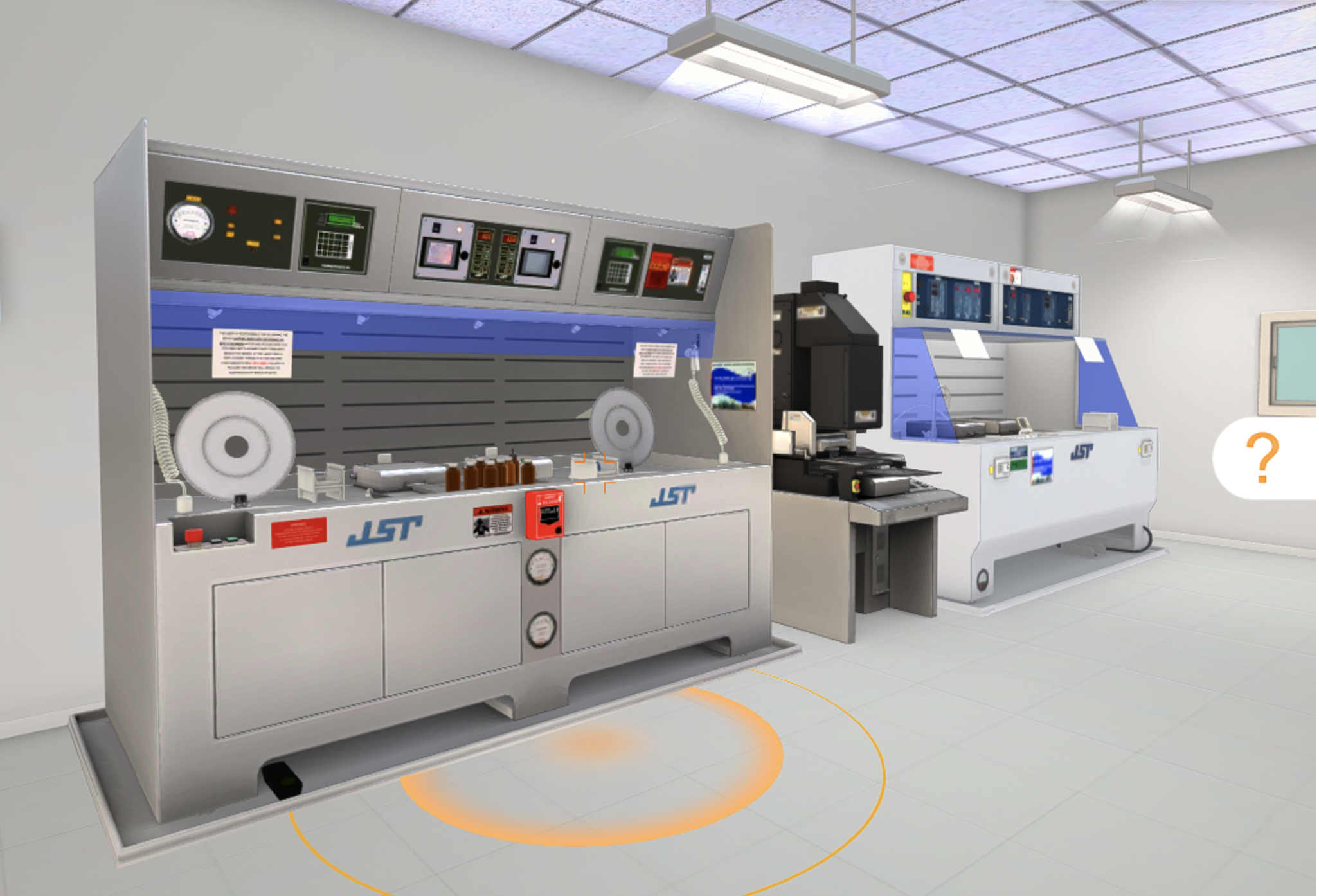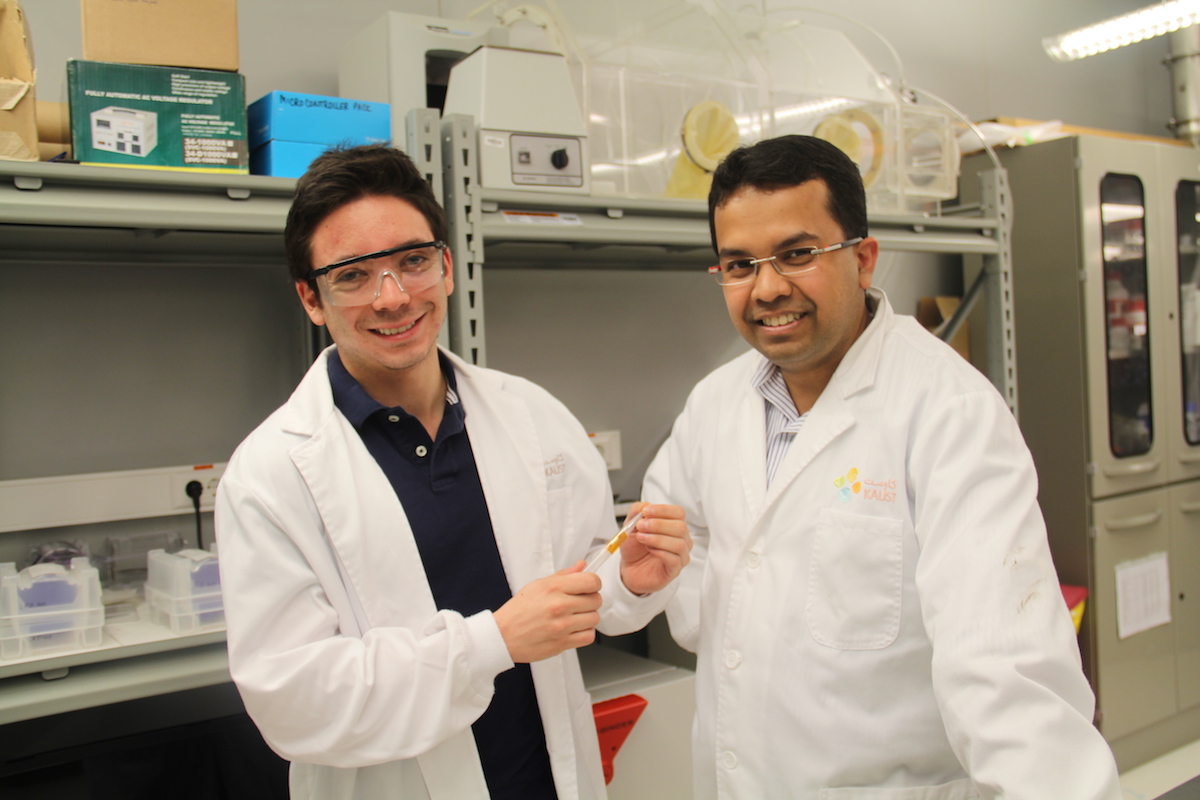KAUST launches vFabLab™, its first virtual lab

The University recently launched vFabLab™—short for Virtual Fabrication Lab—an online-based virtual environment helping to train users in semiconductor fabrication processes. Image courtesy of Muhammad Mustafa Hussain.
KAUST has launched its first virtual lab to serve as an online platform for distance learning on semiconductor fabrication.
The vFabLab™, short for Virtual Fabrication Lab, is an online-based virtual environment designed to help training on semiconductor device fabrication processes and associated complementary metal-oxide-semiconductor (CMOS) technology. The virtual lab, which was developed by the University's Computer, Electrical and Mathematical Science and Engineering (CEMSE) division, trains users on end-to-end device fabrication sequence using well-tested process protocols. Each training session is followed by an interactive Q&A session.
"I was inspired by the vision to provide access to thousands of students and other enthusiasts who do not have access to expensive cleanroom facilities," said Muhammad Mustafa Hussain, KAUST professor of electrical engineering from CEMSE. "vFabLab™ intends to provide the crucial element missing in online education, which is an experimental module through labs."
At postgraduate level, distance learning is a gateway for students around the world to have open access to knowledge and to engage with educational materials and approaches different from their customary ones.
"Distance learning is an important tool to provide enhanced learning opportunities to our globally mobile student population," said Dr. Tony Chan, president of KAUST. "In everything we do, we aim to be forward-looking. Distance learning fits perfectly with this aim."

KAUST Professor Muhammad Mustafa Hussain (right) designed vFabLab™ with the help of his former Ph.D. student Galo Torres Sevilla (left) and a virtual environment developer based in India. Hussain and Sevilla are pictured here in Hussain’s KAUST lab during Sevilla’s Ph.D. studies. File photo.
"The virtual fab is an exciting idea to take a branch of science that has always been gated by the availability of an expensive lab," said Mootaz Elnozahy, dean of CEMSE. "At KAUST, we are trying to take this concept to the farthest, thereby sharing our infrastructure with the world."
The vFabLab™ will be presented on April 24 during a webinar organized and hosted by the IEEE Electron Devices Society.
Related stories:
- Hussain elected APS Fellow
- KAUST team achieves remarkable flexibility with silicon-based electronic devices
- KAUST Professor Wins University of Texas Award
- Nature inspires advances in silicon electronics

